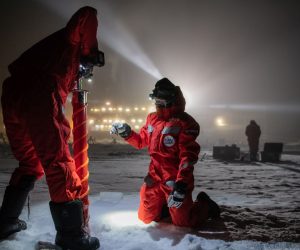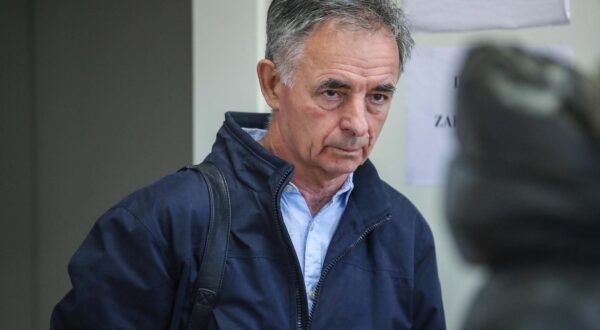Posada njemačkog istraživačkog broda “Polarstern” proizvoljno će odabrati vrijeme za slavlje u povodu Nove godine s obzirom da tradicionalni koncept vremena gubi donekle značenje u polarnoj noći i blizu Sjevernog pola, izjavio je u utorak vođa ekspedicije Markus Rex.
“Ovdje možete poprilično slobodno, po svojoj volji odabrati vremensku zonu. Geografske dužine koje uobičajeno definiraju vremenske zone mogu se u polarnom području prijeći relativno brzo jer se sve spajaju na Sjevernom polu”, objasnio je Rex.
Trenutno posada “Polarsterna” (“Sjevernjače”) živi po moskovskom vremenu te će Novoj godini nazdraviti u ponoć u toj vremenskoj zoni, u 22 sata po srednjoeuropskom vremenu.
Njemački istraživački brod od listopada pluta s arktičkim ledom i trenutno je obavijen stalnom tamom polarne noći. U misiji proučavanja klimatskog sustava u središnjem dijelu Arktika, koja će trajati godinu dana, sudjeluju istraživači iz 20 zemalja.
































Komentari